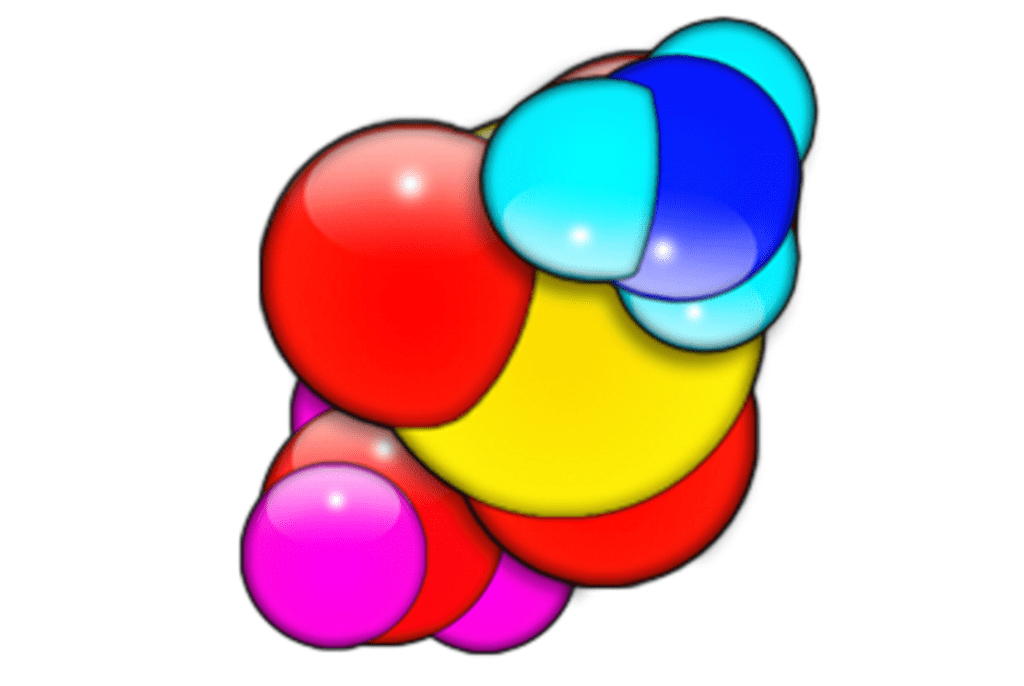More posts by Nelson Lee

With the recent events taking place, Intelliware has started a folding team to aide in the research of COVID-19. A folding team, you ask? If you’re not already familiar with Folding@Home, here’s a short description, and for the uninitiated, we’ve outlined what you can do to help support COVID-19 research.
What is Folding@Home?
The human body is built up of many proteins, and the process of building up proteins is called folding. However, occasionally, a protein will fold incorrectly which can lead to diseases and other health conditions. The Folding@Home project is a simulator to understand how proteins can misfold. Much like a retrospective in the Agile process, Folding@Home provides insights into how folding problems arise and how to correct or prevent problem situations.
So how can I help?
Folding simulations require a lot of computing power. Folding@Home is a simulator that can run across many machines. Volunteers, like us, can provide computing power to scientists by running their simulations on our computers. Currently, over 200,000 teams are working together to provide computing power to the Folding@Home project.
The Folding@Home project now has more computing power than the top 7 super computers in the world combined!The project seems to be providing a lot of insight into finding a solution for COVID-19, and they have already identified several potential drug compounds that could be used against the COVID-19 virus.
How can I start folding?
If you’re interested in contributing, head over to the Folding@Home site and start folding! As a heads up, when the application asks which disease you want to provide computing power for, select “Any”. This category automatically prioritizes computing power for COVID-19. Feel free to join the Intelliware team; our team number is 241360.



About The Author: Andrea Ramirez
More posts by Andrea Ramirez